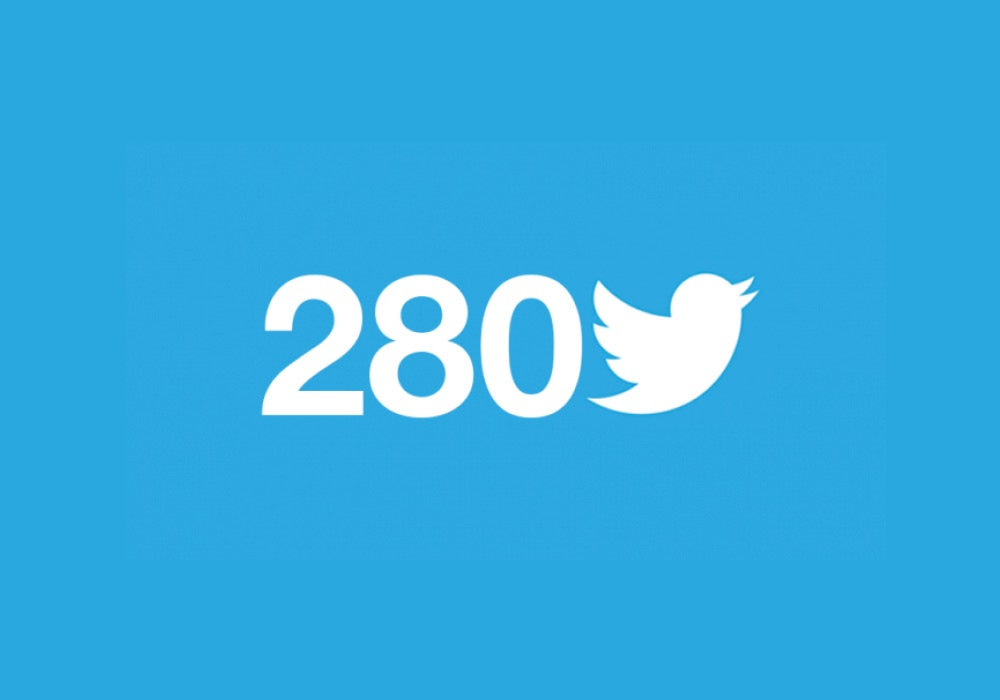Sprint 30 :: Making mistakes is part of the process
Product management is a complex role, and mistakes can happen at any stage of the product development cycle. Here are some common mistakes made by product managers:
Not conducting enough market research: Product managers need to understand their customers' needs, preferences, and pain points. Failing to conduct market research can result in developing products that don't meet customers' expectations.
Ignoring customer feedback: Listening to customer feedback is crucial for product managers. Ignoring it can result in missed opportunities to improve the product and make it more successful.
Overestimating demand: Product managers can sometimes overestimate demand for a product, leading to overproduction and excess inventory. This can result in significant financial losses.
Poor communication with stakeholders: Effective communication is crucial in product management. Failing to communicate effectively with stakeholders can result in misunderstandings and missed opportunities.
Focusing too much on features rather than outcomes: Product managers should focus on delivering outcomes that solve customer problems rather than adding more features. Focusing too much on features can result in a product that's too complex and confusing.
Not prioritizing effectively: Product managers need to prioritize features and projects based on their impact on the product and the business. Failing to prioritize effectively can lead to delays, missed deadlines, and a product that doesn't meet customers' needs.
Losing sight of the bigger picture: Product managers can sometimes get bogged down in the details and lose sight of the bigger picture. It's essential to stay focused on the product's overall goals and objectives to ensure its success.
Above all, remember that even big companies and big names in the tech world make mistakes and develop products that aren't good or fail to succeed.
Here are some examples of famous product management mistakes made by well-known personalities or companies in the tech world:
Google Glass: Google Glass was a wearable technology device that was designed to be a game-changer. However, the product failed to gain traction due to its high cost, privacy concerns, and lack of practical use cases. Google ended up discontinuing the product in 2015.
Microsoft Zune: Microsoft Zune was a digital media player that was launched in 2006 to compete with Apple's iPod. However, the product failed to gain significant market share due to its limited features, lack of third-party app support, and poor marketing.
Apple Maps: Apple Maps was introduced in 2012 as a replacement for Google Maps on iOS devices. However, the product had several issues, including inaccurate directions, missing landmarks, and other errors. Apple faced significant backlash from customers, and CEO Tim Cook issued a public apology.
Amazon Fire Phone: The Amazon Fire Phone was launched in 2014 as a competitor to Apple's iPhone and Samsung's Galaxy line. However, the product failed to gain traction due to its high cost, limited app support, and lack of compelling features.
Twitter's 280-character limit: In 2017, Twitter expanded its character limit from 140 to 280, a move that was widely criticized by users. Many felt that the increased limit went against the core principles of Twitter and made the platform less engaging.
Google Plus: Google Plus was a social networking platform launched in 2011 to compete with Facebook. However, the product failed to gain significant user adoption and was shut down in 2019 due to security concerns.
These examples show that even the most successful companies can make mistakes when it comes to product management. It's essential to learn from these mistakes and continually iterate on products to meet customers' changing needs.
The Product Land ⛰️
Wanna know more? Stay tuned and subscribe for the next sprints! ☟
And also.. get in touch with us if you want to! 🌐










